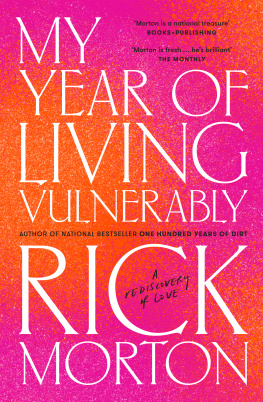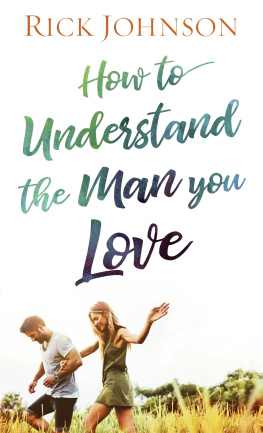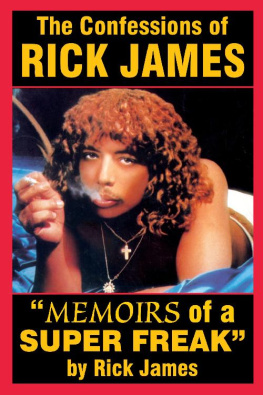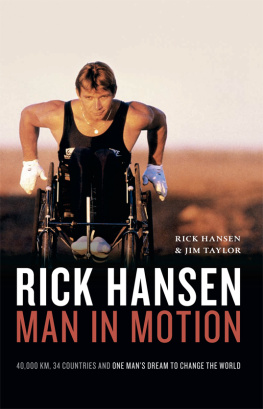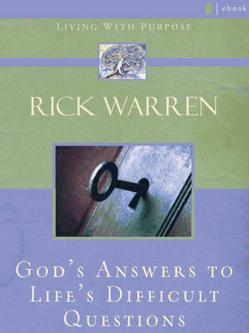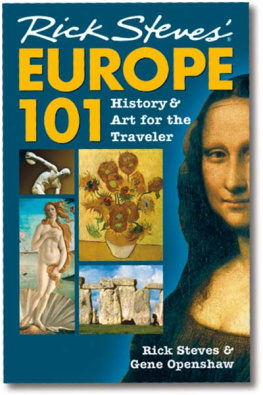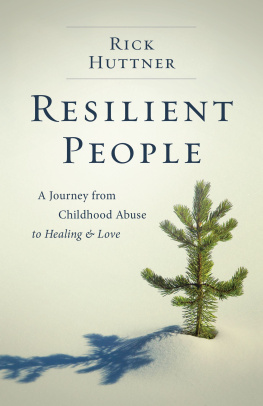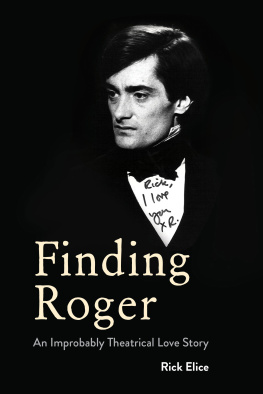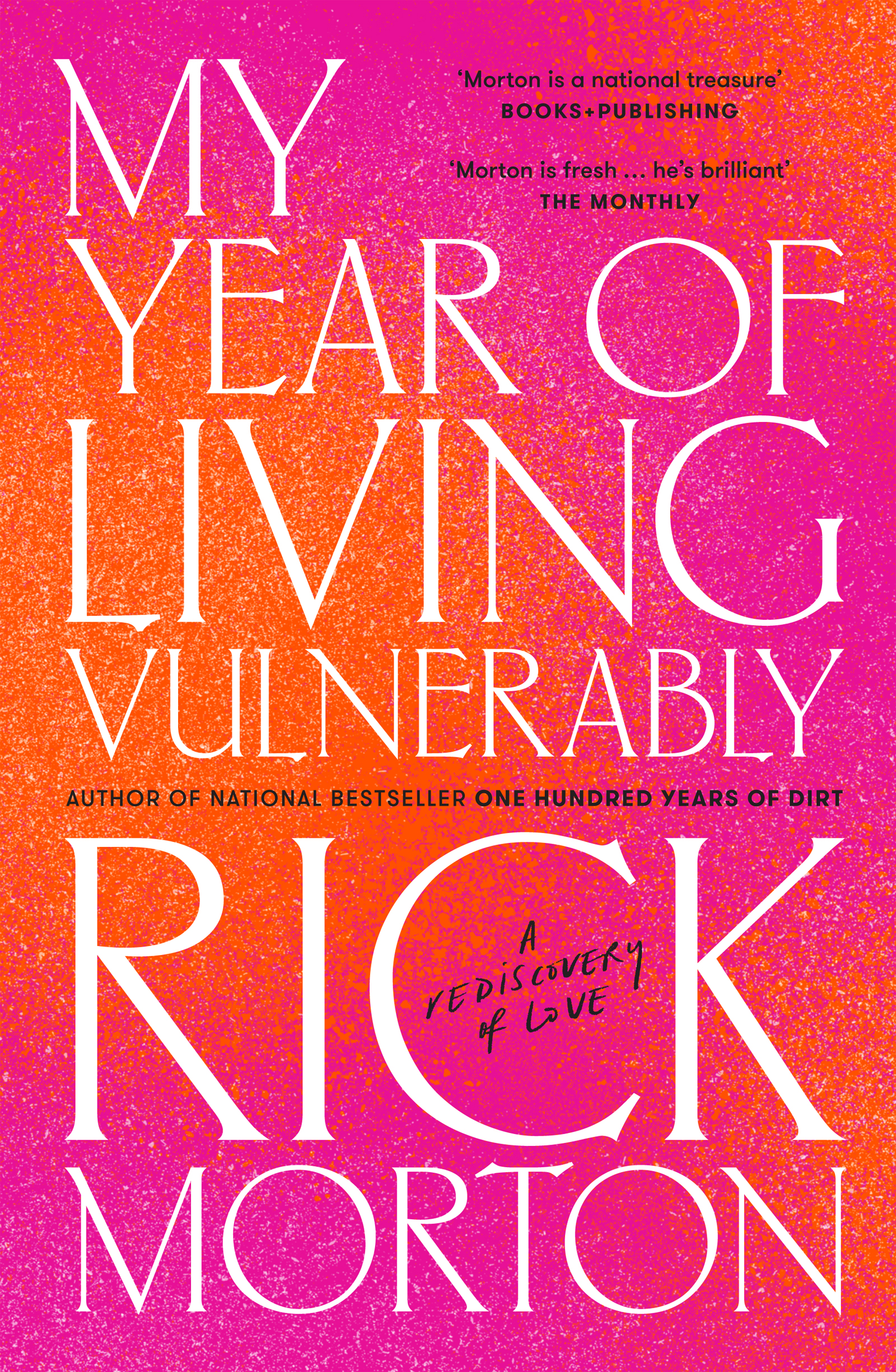Contents
Guide
To my sister, Lauryn
I wrote this for us
Here I understand what they call glory: the right to love without limits.
Albert Camus, Nuptials at Tipasa, Nuptials, 1938
Contents
When I phoned my mum, Deb, to tell her I was writing a book about love she was overcome immediately with wheezing laughter.
What, you? she managed to ask, although the emphasis on you was long and made it sound like it had been shouted by a ghost on a passing skateboard.
She had a point.
Since late childhood, love and I had been on poor terms.
Of all the gauntlets high school asked us to run, Valentines Day was the one that challenged me the most. I wasnt smart enough then to latch on to the fact that it was an invention of marketing, and instead disliked it for how it made me an unwilling participant in love itself.
Of course, teenagers dont really understand what love is. The cruel stings of passion and jealousy do not match the grace and acceptance of true love any more than those first attempts at sex matched the elegant freestyle of later encounters.
As we neared graduation, most of the grade were engaged in figuring this stuff out. To attend any house party was a lot like trying to stack the glass display counter in a butchers shop with the days fresh cuts; just flesh and hands.
My fate, for what its worth, was to avoid these embarrassing attempts at intimacy in favour of complete celibacy on account of being gay in a regional Queensland school. Gay and in the closet, moreover. Except for two occasions when secrecy demanded proactive misdirection, my lips remained sealed.
And though all I was really doing was deferring the awkward discovery tour until my mid-twenties (on the whole, not recommended), I was unable to escape the broader pursuits of the heart and, for all the desperate willing in the world, could not stop others from deciding that they loved me.
One year, on 14 February, I was handed a single yellow rose from a friend who had given it to me on behalf of another student, an anonymous admirer. Anonymous admirers are cowards who would absolutely give away your hiding location during a war if it meant they could better protect their own interests. In a sense, this is what this girl had done to me. I mean, who gives a rose in public, forcing the recipient to smuggle it back to the bag racks so that it can be hidden before people start gossiping about whether they have feelings? Monsters, thats who.
She may as well have given me a grenade with the pin released. Or anthrax.
This wasnt love. None of the rituals we practised as teenagers met the criteria for romantic love, but my reaction to this one act exposed the weakness in the scaffolding that would bring me down later in life.
The rose, with its delicate assemblage of yellow petals and disappointing thorns, was an admission of vulnerability because it signalled that perhaps its new owner was a vessel for human emotion.
Emotions. What a horrible word, I thought. It sounded like the accidental bowel movement one of my then classmates had during computer studies. In my extended family, we didnt love anything. It was a necessary precondition of survival in a world that punished vulnerability. Animals died, so we did not love them. Humans erred, so we did not love them. Friends, well, you only loved your friends if you were queer or dying.
Although I had, unfortunately, turned out to be gay, I was determined to uphold the rest of the Morton family legacy by turning my feelings into a misplaced work ethic like in origami when you set out to make a swan and end up with a chest of drawers.
There were darker overtones here that my teenage self had not managed to recognise, largely because the work required to recognise them was intricate, substantial and largely beyond me.
Through a combination of knowing and subconscious necessity, I had grown afraid of exposing my emotional hinterland to the world because I knew, in my essence, that doing so would mark me for destruction.
This rose might have seemed innocent and entirely irrelevant to that bigger project of self-protection, but another thing I had learned was this: the smallest transgressions must be rigorously policed because the whole falls in parts.
There could be no leave passes, not even for telling my mum I loved her. I did more than anything else in the world but saying so out loud made my insides twist in uncomfortable ways. It was an opening. A small one, true, and one most people everywhere are willing to allow. Even the tough boys in gangs I saw on television loved their mothers and told them so, before opening fire in a drug deal gone wrong and going to prison.
Even them.
Where had I learned this shrinking behaviour?
My first pet was a blue budgerigar called Pretty Boy, a name I had been allowed to choose. On this evidence, my natural state must have been one of alarming openness and soft edges. I mean, really, what kind of a name is Pretty Boy?
Once, on a school holiday, we took him with us up the coast and decided to visit Steve Irwins family zoo at Beerwah on the way home. We couldnt leave the bird in the car, obviously, so we asked the lovely people at the zoo if they could mind him for us in the office.
This was the home of the Crocodile Hunter he was there that day, feeding the remnant dinosaurs with his mate Wes and the place itself featured an assortment of other deadly reptiles and spiders. Even the tortoise, Harriet, had been alive at the time of Charles Darwin and in that small detail managed to take on the mantle of an interesting creature.
And here we were, the gall of it, asking predator wranglers to budgie-sit my tiny parrot with the weak name.
I knew the Welsh were fond of sending canaries down the mines but, given a few years, there was no way I would let Pretty Boy act as a sort of early warning system for the exposed flesh of my psyche.
The boy who named that bird grew into a young man who was alert to being found out; as gay, as loving, as vulnerable. I weep for that child because in his desire to hide himself he was forced to cut out every permutation of love, every last gorgeous edge of it. As if it were a tumour.
Thats the crime of it, that excision of beauty.
We make mistakes of nomenclature if we think love is just one thing and not, say, the way the light makes little furnaces of the rusted leaves when it streaks through the sky at an angle in late autumn afternoons. Bring me the person who says love is just that spark of romantic desire between human beings and I will show them Maxwells equations describing electromagnetism or the weight of grief at a funeral. We could also look, and I mean really look, at the face of a baby as it recognises you on a second visit, and study the dive of a peregrine falcon as it tucks its wings into the body and rockets to the ground.
Falcons used to do this on the cattle station where I grew up, hurtling through space until they aborted at the last moment. Mum hated how they did this because they landed next to the large cages where she housed her budgerigars and this death-tilt upset the other birds; theres no denying there was a certain chaos that filled the air afterwards, but I always found it beautiful. For any of us to make an object that aerodynamic wed need formulas and a long testing tunnel, like aerospace and motorcar companies use, but falcons simply evolved that way.
So, yes, add the theory of evolution to the list of love and its humble merchants. Any system that takes tens of thousands and millions of years to form the wing can only be truly appreciated through the prism of love. Think of it this way: love is the common ancestor of beauty and the sublime. It is the first entry in the tree of our own existence because, without it, there isnt any life at all.
Next page
